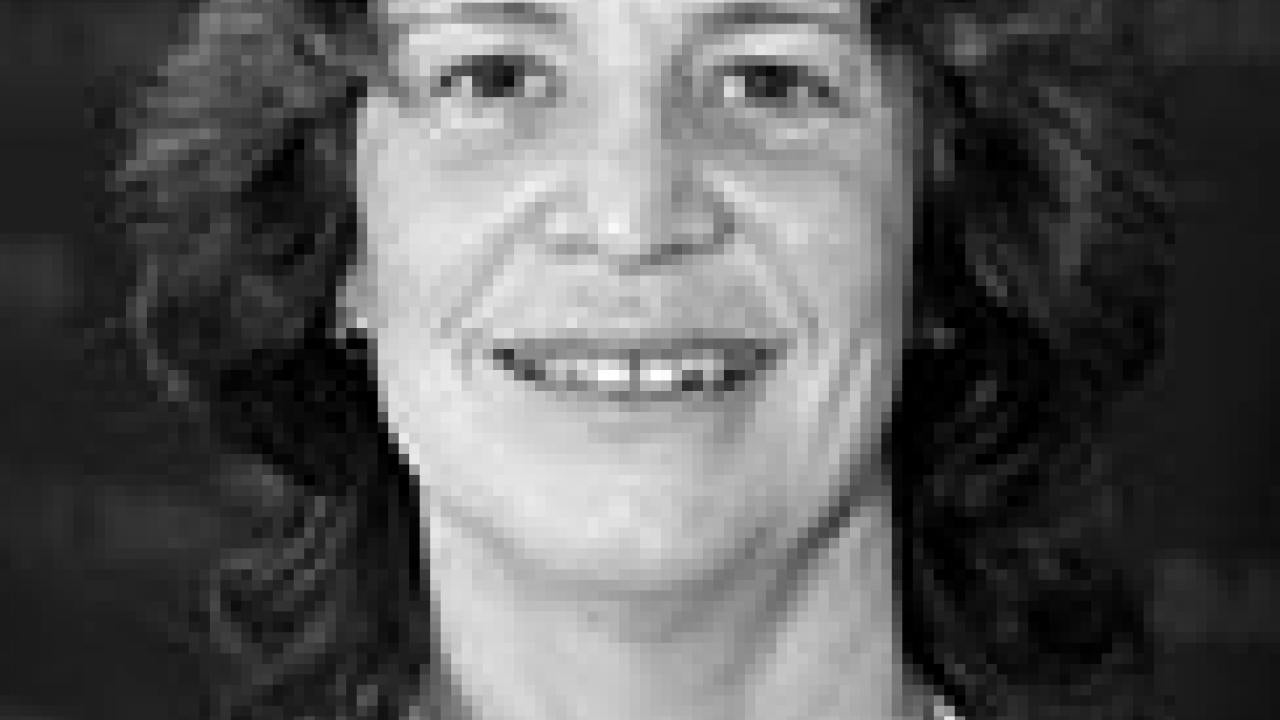A broad-based coalition of UC Davis student leaders, administrators, law enforcement and health professionals, joined by City of Davis residents, elected and law enforcement officials launched a multi-pronged "Safe Party Initiative" on Tuesday to target high-risk drinking throughout the greater Davis community.
The initiative, announced at a news conference at the campus Activities and Recreation Center, will include:
- Increased weekend alcohol safety enforcement patrols throughout the fall by both UC Davis and Davis police officers;
- A series of neighborhood parties and barbecues to improve homeowner-student relations and set a community standard for safe, fun parties in targeted neighborhoods (the first, for the Oeste Manor Neighborhood Association, is scheduled for tomorrow);
- Student and community outreach efforts centered on a new Web site, safeparty.ucdavis.edu, to educate partiers and their hosts about safe parties and ways to reduce alcohol-related risks.
"As representatives of UC Davis and the Davis community, we all have a responsibility for the safety of our guests and neighborhood residents whenever we host or attend a party," said Dr. Michelle Famula, director of the Cowell Student Health Center at UC Davis. "We have a right and an obligation to set a community standard of safe party expectations and responsible alcohol use that respects the health and safety of all in our community."
Also speaking at today's news conference were Judy Sakaki, UC Davis' vice chancellor for student affairs; Davis City Councilman Don Saylor; Davis Police Chief Jim Hyde; and Caliph Assagai, president of Associated Students of the University of California, Davis (ASUCD).
Joining them were numerous other coalition members representing the campus, the city, Davis neighborhoods, the Davis Campus Community Alcohol Coalition and the City/UCD Student Liaison Commission.
"UC Davis has a commitment to the safety and well being of our students and the campus community," Sakaki said. "We will work in partnership with others to minimize the potential detrimental effects of high risk parties."
The new "Safe Party Initiative" is supported by a five-year, $6.9 million grant to the Prevention Research Center (PRC) in Berkeley from the National Institute for Alcoholism and Alcohol Abuse (NIAAA) aimed at reducing high-risk drinking on college campuses.
As part of the research effort, the PRC has asked UC Davis and five other schools to develop and implement effective strategies to reduce high-risk drinking and the consequences of that drinking, including violence, injuries, property damage and car crashes.
Representatives of the UC Davis and City of Davis communities have been meeting for months to devise and implement the most effective strategy specifically tailored to the needs and concerns of the greater Davis community. They relied to a great extent on UC Davis campus data that has demonstrated that off-campus parties are the most significant high-risk drinking environment for students.
Off-campus problems
Indeed, a survey released earlier this year of 1,010 UC Davis undergraduates reported that roughly one-third of all their alcohol-related problems occurred or were instigated at off-campus parties held at private homes and apartments. In the study, alcohol-related problems included alcohol poisoning, unsafe sex, sexual assaults, other aggressive behavior and driving drunk or riding with a drunk driver. According to the survey results, the alcohol problem looms even larger when community bars, off-campus fraternities and outdoor settings are included.
"We are not against parties; we are against problems. Students are a welcome part of our community and we all need to be respectful of the lifestyles of each other," said Saylor, the Davis city councilman. "We all live together here in one community. There are adjustments necessary on the part of students to be respectful of the neighborhoods they live in,and our neighborhoods also need to make adjustments to welcome students into the fold."
Assagai, president of ASUCD, stressed, "Most UC Davis students are not high-risk drinkers. And as students who live in Davis, we enjoy its security and we support the Safe Party Initiative to help keep this community safe."
To help keep the Davis community safe, new 20-member joint UC Davis and Davis police weekend alcohol safety enforcement patrols began on Thursday and will continue tonight, Oct. 6-7, Oct. 13-14 and then four additional nights in November to be determined later.
Focused efforts now
Hyde, the Davis police chief, said law enforcement is focusing its efforts now because local crime statistics indicate that the incidence of driving under the influence, alcohol poisoning and sexual assaults peaks in the first few weeks of the fall quarter.
"Students who find themselves having a party that gets out of control can take control by calling the police before someone else does," Hyde said. "Breaking up your own party can save you a lot of money and problems later on."
The new Web site, safeparty.ucdavis.edu, launched Tuesday, offers students a central resource for planning and attending "safe parties," including a list of responsibilities for party hosts; "mocktail" recipes for non-alcoholic drinks; tips on responsible drinking and personal safety; lists of UC Davis policies, Davis city ordinances and state and federal laws related to drugs and alcohol; a calendar of UC Davis events; and a quick reference list of telephone numbers and other medical emergency contact information for hospitals, law enforcement and safe transportation.
UC Davis is one of eight UC campuses and six California State University campuses (including Sacramento State) collaborating with the Prevention Research Center on the "Safer California Universities" study. UC Davis is receiving $150,000 over five years to assist in the administration of the annual student survey and other data collection activities, and an additional $45,000 for intervention strategies.
Media Resources
Mitchel Benson, (530) 752-9844, mdbenson@ucdavis.edu
